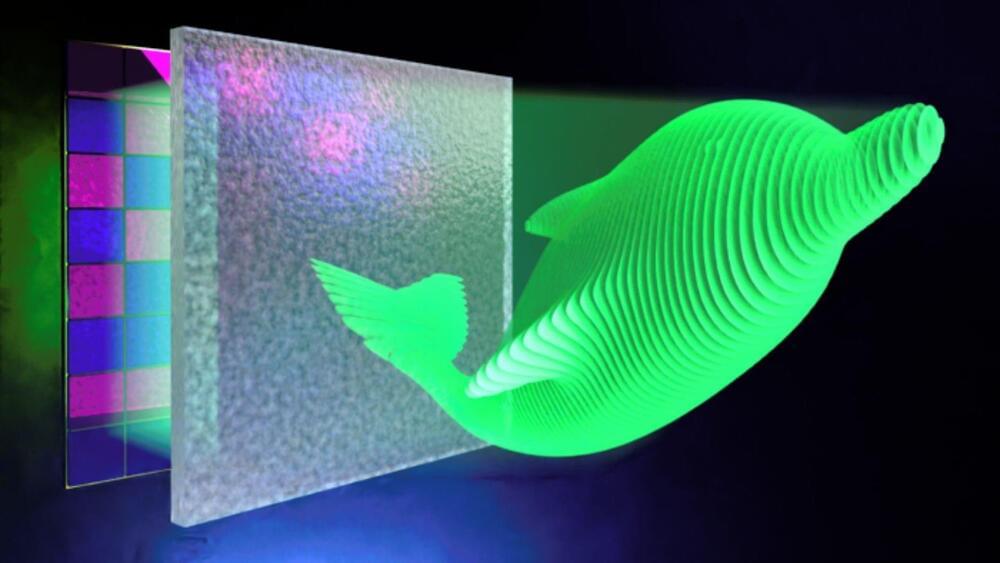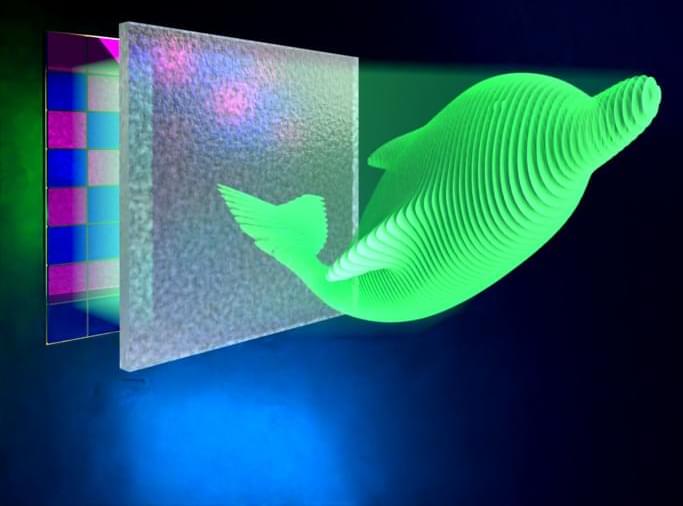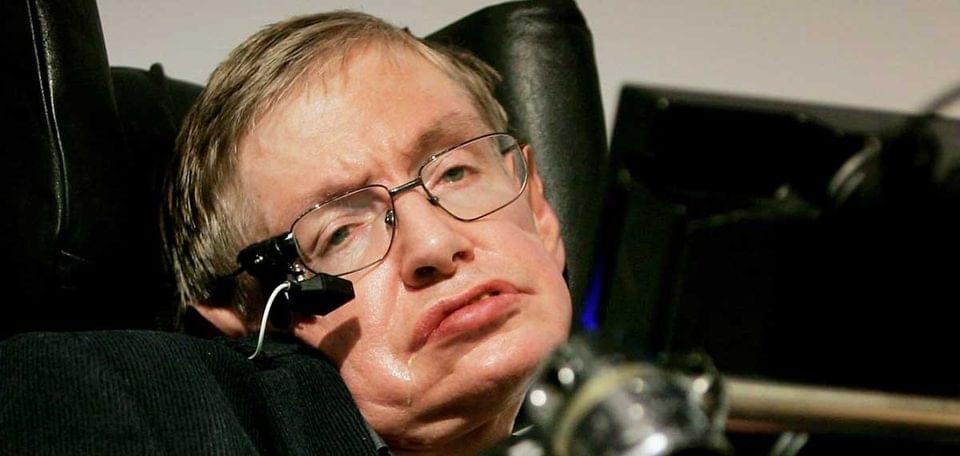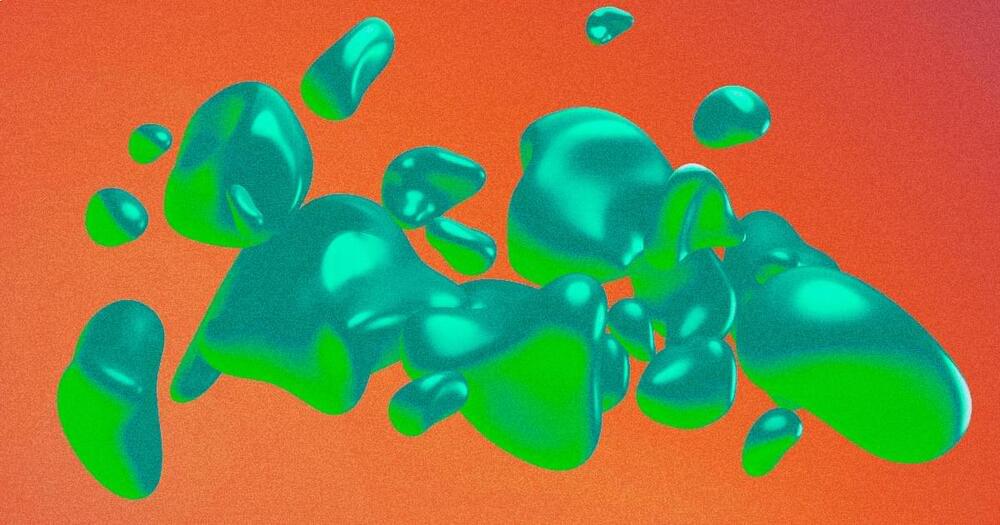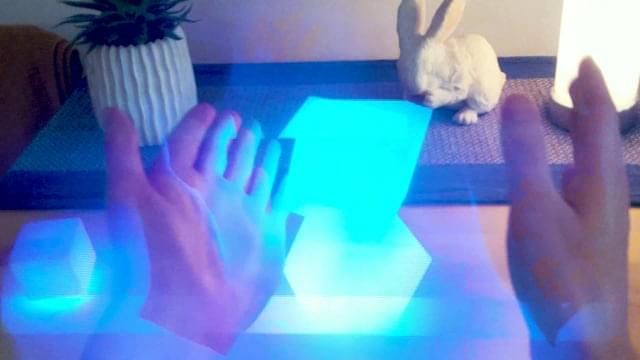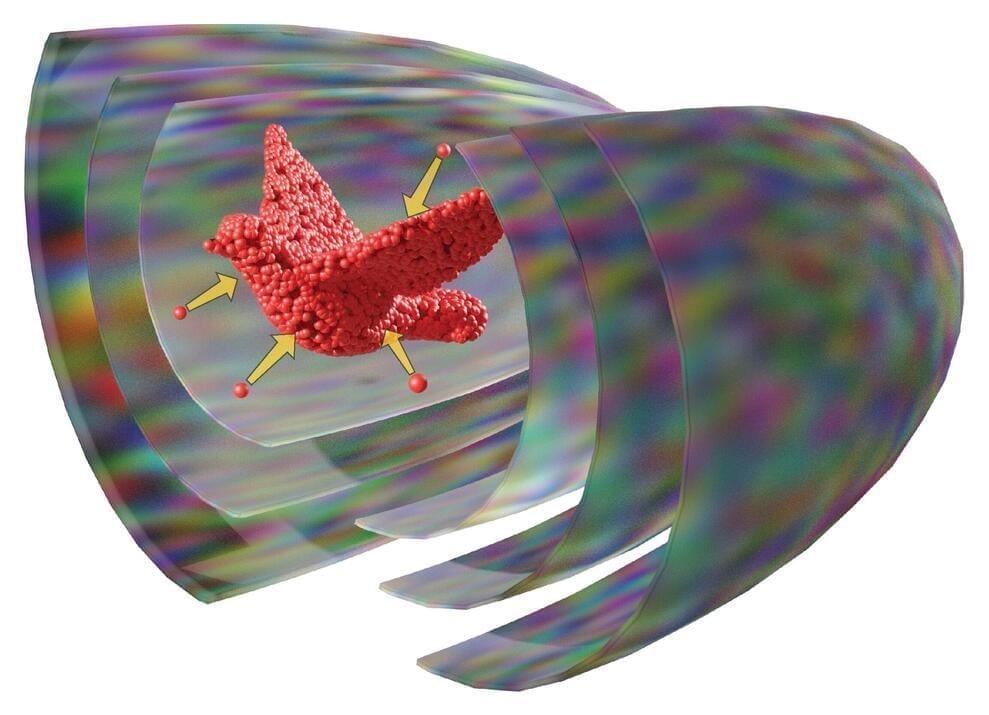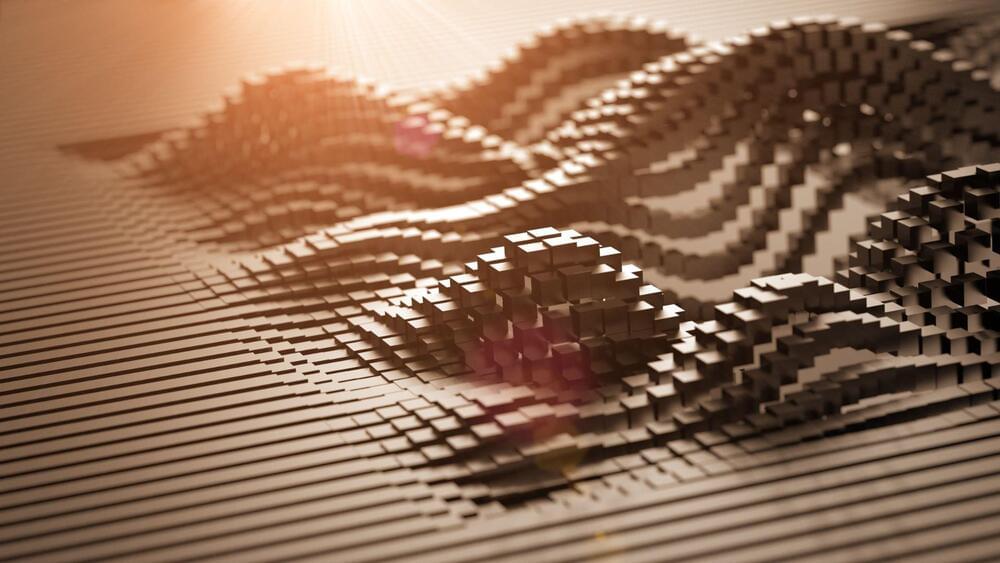Apr 10, 2023
New method for producing realistic holograms could enhance virtual reality
Posted by Gemechu Taye in categories: holograms, virtual reality
The novel optical hologram creating method is three orders of magnitude better than the current ways.
Researchers from the University of Science and Technology of China have developed a new method for creating realistic 3D holographic projections, which is three orders of magnitude better than the current state-of-the-art technology.
The study on the ultrahigh-density method for producing realistic holograms was published in the peer-reviewed journal Optica. Led by Lei Gong, the team developed a new approach to holography that overcame some of the long-standing limitations of current digital holographic techniques.
Continue reading “New method for producing realistic holograms could enhance virtual reality” »
